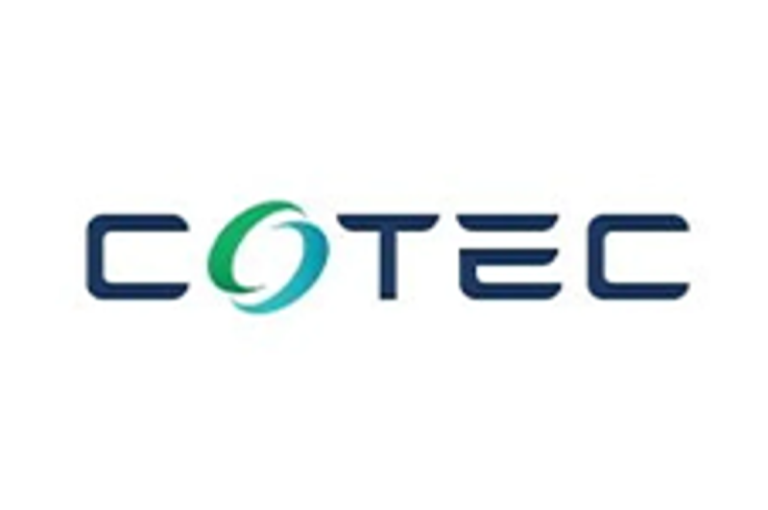As protests spread across Iran and the government responds with lethal force, amid increasing reports claiming thousands have been killed, a growing question is being debated by analysts and Iranians alike: Is the Islamic Republic facing its most serious threat since the 1979 revolution, or does it still retain enough coercive power to survive?
For Mehdi Ghadimi, an Iranian journalist who spent decades protesting the regime before being forced to leave the country, this moment feels fundamentally different from anything that came before.
‘From 1999, when I was about fifteen, until 2024, when I was forced to leave Iran, I took part in every street protest against the Islamic Republic,’ Ghadimi told Fox News Digital. ‘For roughly half of those years, I supported the reformist movement. But after 2010, we became certain that the Islamic Republic is not reformable, that changing its factions is a fiction.’
According to Ghadimi, that realization gradually spread across Iranian society, culminating in what he describes as a decisive shift in the current unrest.
‘For the first time in the 47 years of struggle by the Iranian people against the Islamic Republic, the idea of returning to the period before January 1979 became the sole demand and the central point of unity among the people,’ he said. ‘As a result, we witnessed the most widespread presence of people from all cities and villages of Iran in the streets, on a scale unprecedented in any previous protests.’
Ghadimi claimed the chants on the streets reflected that shift. Instead of demanding economic relief or changes to dress codes, protesters openly called for the fall of the Islamic Republic and the return of the Pahlavi dynasty.
‘At that point, it no longer seemed that we were merely protesting,’ he said. ‘We were, in fact, carrying out a revolution.’
Still, Ghadimi was clear about what he believes is preventing the regime’s collapse.
‘The answer is very clear,’ he said. ‘The government sets no limit for itself when it comes to killing its own people.’
He added that Tehran appears reassured by the lack of consequences for its actions. ‘It has also been reassured by the behavior of other countries that if it manages to survive, it will not be punished for these blatant crimes against humanity,’ he said. ‘The doors of diplomacy will always remain open to them, even if their hands are stained with blood.’
Ghadimi described how the regime cut off internet access to disrupt coordination between protesters and opposition leadership abroad. He said that once connectivity was severed, the reach of video messages from the exiled Prince Reza Pahlavi dropped dramatically.
While Iranian voices describe a revolutionary moment, security and policy experts caution that structural realities still favor the regime.
Javed Ali, an associate professor at the Gerald R. Ford School of Public Policy, said the Islamic Republic is facing far more serious threats to its grip on power than in years past, driven by a convergence of military, regional, economic and diplomatic pressures.
‘The IRGC is in a much weaker position following the 12-day war with Israel last summer,’ Ali said, citing ‘leadership removals, ballistic missile and drone capabilities that were used or damaged, and an air and radar defense network that has been significantly degraded.’
Ali said Iran’s regional deterrence has also eroded sharply. ‘The so-called Axis of Resistance has been significantly weakened across the region,’ he said, pointing to setbacks suffered by Hamas, Hezbollah, the Houthis and Shiite militias allied with Tehran.
Internally, Ali said demographic pressure is intensifying the challenge. ‘Iran’s younger population is even more frustrated than before with deteriorating economic conditions, ongoing social and cultural restrictions and repeated violent crackdowns on dissent,’ he said.
Ali also pointed to shifting external dynamics that are limiting Tehran’s room to maneuver, including what he described as a stronger U.S.-Israel relationship tied to the Netanyahu-Trump alliance. He added that there are ‘possible joint operations already underway to support the protest movement inside Iran.’
Israeli security sources, speaking on background, said Israel has no such interest in intervening in a way that would allow Tehran to redirect domestic unrest outward.
‘Everyone understands it is better to sit and wait quietly and not attract the fire toward Israel,’ one source said. ‘The regime would like to make this about Israel and the Zionist enemy and start another war to repress internal protests.’
‘It is not Israel against Iran,’ the source added. ‘We recognize that the regime has an interest in provoking us, and we do not want to contribute to that.’
The source said a collapse of the Islamic Republic would have far-reaching consequences. ‘If the regime falls, it will affect the entire Middle East,’ the official said. ‘It could open a new era.’
Ali said Iran is increasingly isolated diplomatically. ‘There is growing isolation from Gulf monarchies, the fall of Assad in Syria and only muted support from China and Russia,’ he said.
Despite those pressures, Ali cautioned that Iran’s coercive institutions remain loyal.
‘I think the IRGC, including Basiji paramilitary elements, along with the Ministry of Intelligence, are still loyal to the regime out of a mix of ideology, religion, and self-interest,’ he said, citing ‘power, money and influence.’
Whether fear of collapse could drive insiders to defect remains unclear. ‘Whether there are insiders willing to flip because of a sense of imminent collapse of the clerical structure is hard to know,’ Ali said.
He placed the probability of an internal regime collapse at ‘25% or less,’ calling it ‘possible, but far less probable.’
For now, Iran appears caught between two realities: a population increasingly unified around the rejection of the Islamic Republic, and a security apparatus still willing to use overwhelming force to preserve it.
As Ali noted, pressure alone does not bring regimes down. The decisive moment comes only when those ordered to enforce repression decide it is no longer in their interest to do so.
Despite the scale of unrest, Ghadimi cautioned that the outcome remains uncertain.
‘After these four hellish days, without even knowing the fate of our friends and loved ones who went into the streets, or whether they were alive or not, it is truly difficult for me to give you a clear assessment and say whether our revolution is now moving toward victory or not,’ he said.
He recalled a message he heard repeatedly before leaving Iran, across cities and social classes.
‘The only thing I consistently heard was this: ‘We have nothing left to lose, and even at the cost of our lives, we will not retreat one step from our demand for the fall of the Islamic Republic,’’ Ghadimi said. ‘They asked me to promise that now that I am outside Iran, I would be their voice.’
‘That spirit is what still gives my heart hope for victory,’ he added. ‘But my mind tells me that when mass killing carries no punishment, and when the government possesses enough bullets, guns and determination to suppress it, even if it means killing millions, then victory would require a miracle.’
This post appeared first on FOX NEWS










